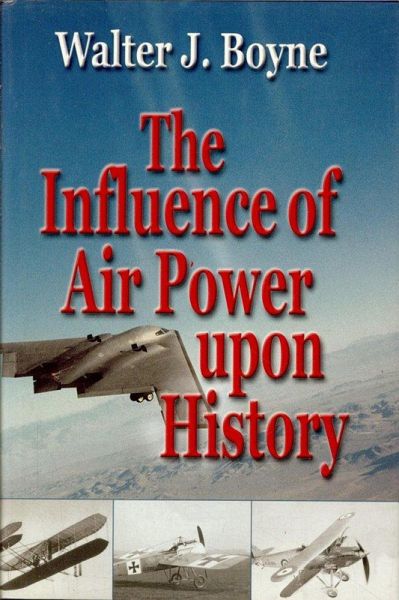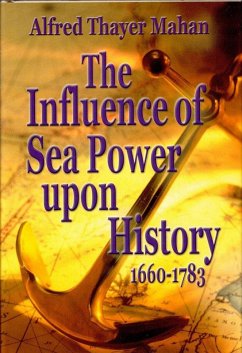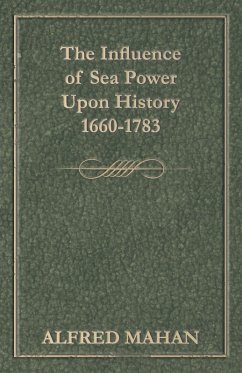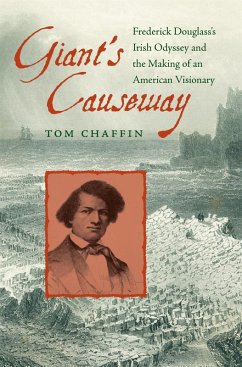
Influence of Air Power Upon History (eBook, ePUB)

PAYBACK Punkte
7 °P sammeln!
"A comprehensive, balanced overview of war in the air" from a world-renowned authority on aviation history and New York Times-bestselling author ( Booklist). The Influence of Air Power Upon History makes a startlingly new analysis of the far-reaching implications flight has had on warfare, politics, diplomacy, technology, and mass culture. Author Walter Boyne examines the application of air power from the very earliest days of the balloon down to the current era of space warfare and postulates some new and controversial theories that are certain to arouse comment. Where Alfred Thayer Mahan's ...
"A comprehensive, balanced overview of war in the air" from a world-renowned authority on aviation history and New York Times-bestselling author ( Booklist). The Influence of Air Power Upon History makes a startlingly new analysis of the far-reaching implications flight has had on warfare, politics, diplomacy, technology, and mass culture. Author Walter Boyne examines the application of air power from the very earliest days of the balloon down to the current era of space warfare and postulates some new and controversial theories that are certain to arouse comment. Where Alfred Thayer Mahan's classic work, The Influence of Sea Power Upon History, catalogues the elements that made naval prowess a determinant of a nation's strength, The Influence of Air Power Upon History traces the development of air-power philosophy by examining the theory and practice of air power as it is exercised in both war and peace. The author unerringly depicts the contributions made by the people and planes of each era, some of them famous, some virtually unknown, but all vitally important. He highlights the critical competence of individuals at every step of the way, comparing the works of Guilio Douhet, William Mitchell, John Warden, and others philosophically, even as he compares the combat capabilities of leaders such as Hugh Trenchard, Bomber Harris, Herman Goering, Curtis LeMay, and Henry Hap Arnold. Boyne's views on World War II bombings and air power in the Vietnam War will please many readers-and perhaps shock many others. The Influence of Air Power Upon History is an important book for the public and for the military and is destined to be hotly debated for years to come.













